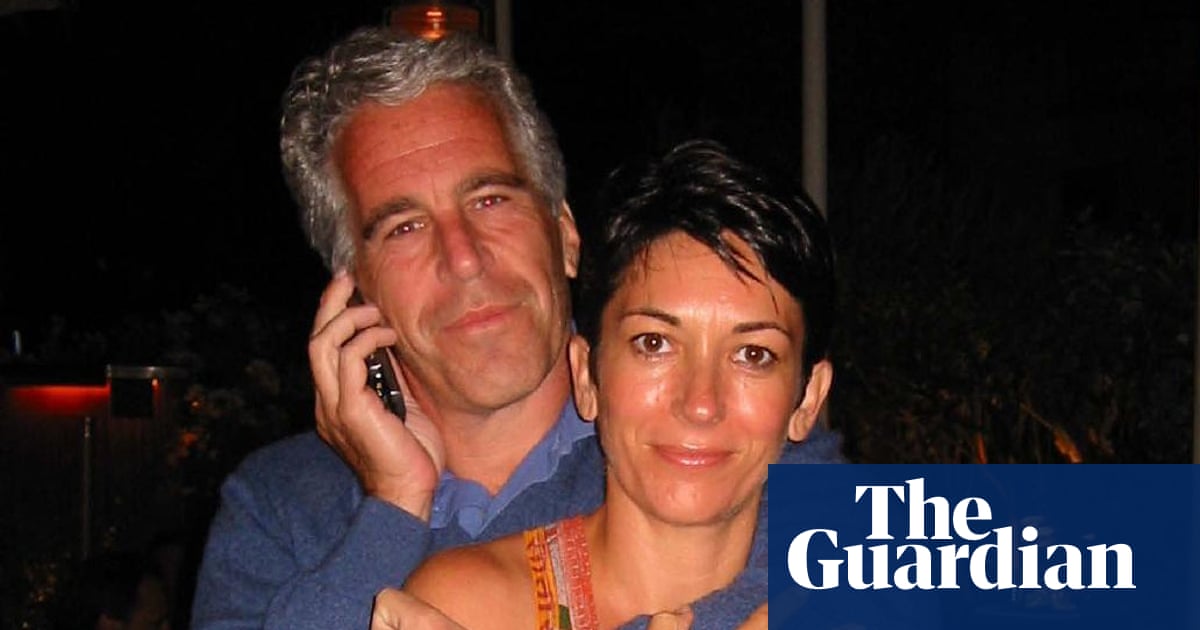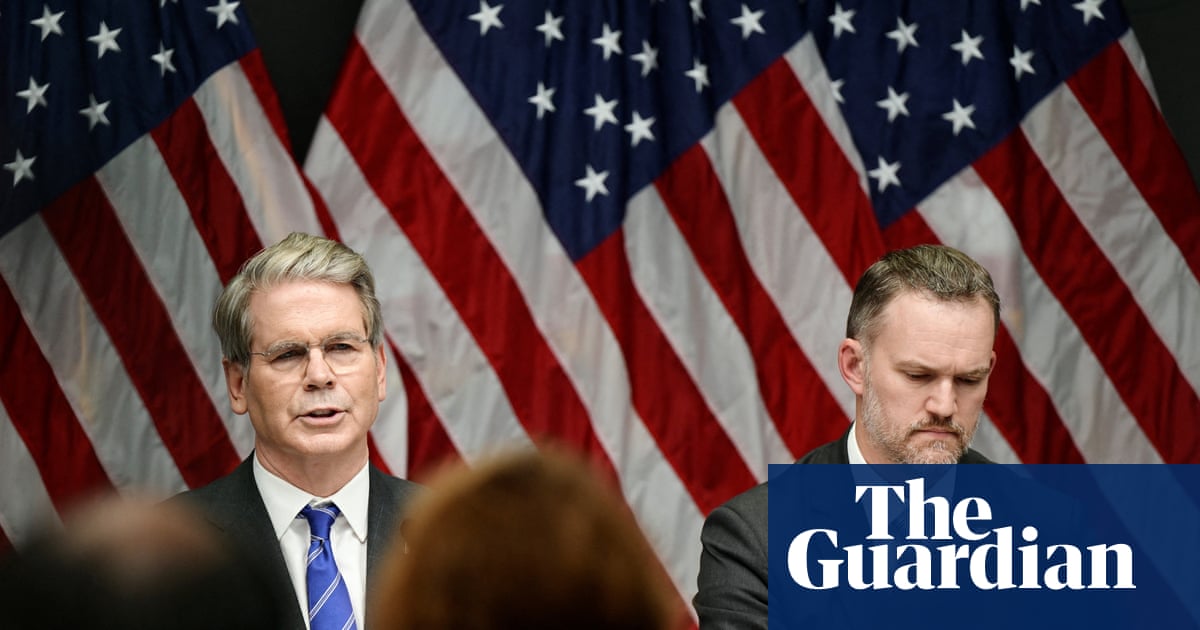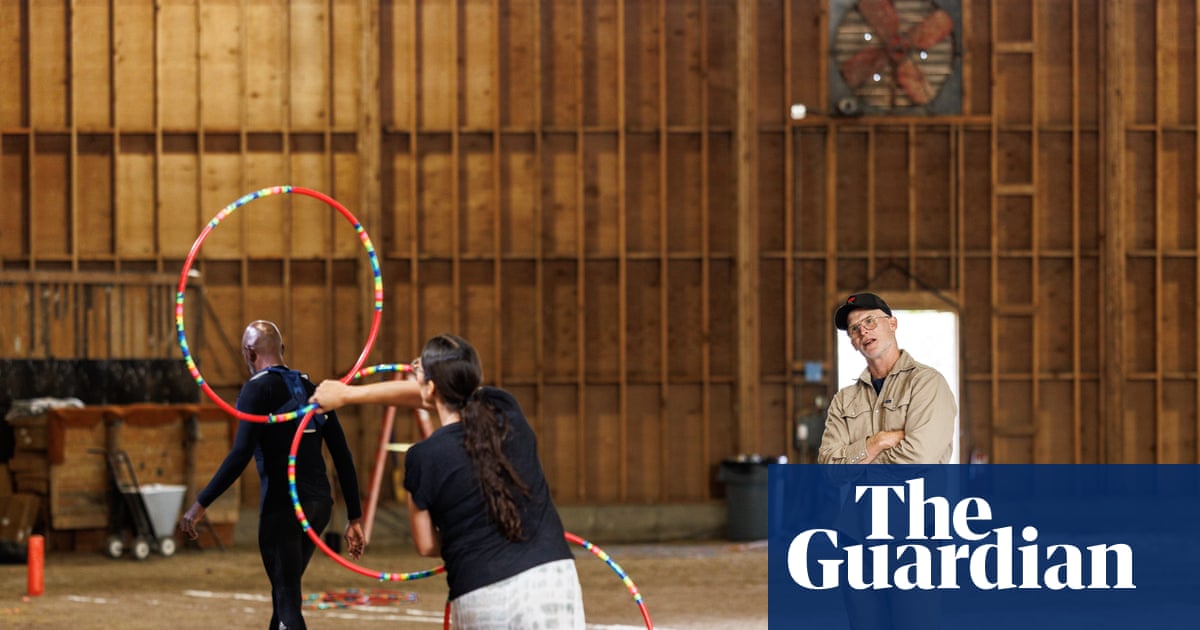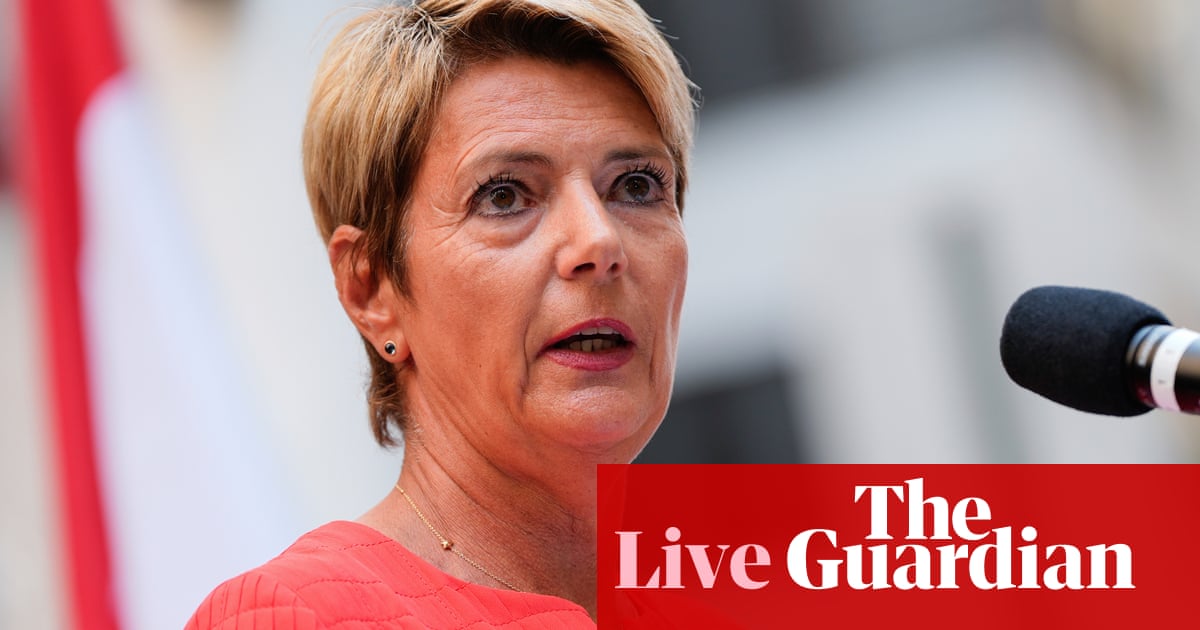This year’s Booker judges had a crowded field to pick from, with scores of eligible books from previously nominated writers and five new novels from winners alone (John Banville, Kiran Desai, Alan Hollinghurst, Ian McEwan and Ben Okri). Of these, Hollinghurst is one eyebrow-raising exclusion, for his elegiac and beautifully composed panorama of gay life in Britain over the past seven decades, Our Evenings. But it’s no surprise that the list is headed by Desai’s epic The Loneliness of Sonia and Sunny, a novel in the works since her Booker win two decades ago and due out this September.
Clocking in at nearly 700 pages, this is a love story about two people pulled between India and the US, family inheritance and personal ambition, intimacy and solitude. Immersive and gently funny, her vast canvas painted with an exquisitely fine brush, it looks like a leading contender on a canon-building list – nine of the authors are making their first Booker appearance. There is an emphasis on family stories; sometimes intimate and direct, as in Claire Adam’s account of a woman forced to give up her baby as a teenager, Love Forms, or Ben Markovits’s rueful study of a father contemplating life once the kids have left home, The Rest of Our Lives, but more often as a lens through which to examine the forces of history.
The Booker prize 2025 longlist
ShowLove Forms by Claire Adam (Faber)
The South by Tash Aw (4th Estate)
Universality by Natasha Brown (Faber)
One Boat by Jonathan Buckley (Fitzcarraldo Editions)
Flashlight by Susan Choi (Jonathan Cape)
The Loneliness of Sonia and Sunny by Kiran Desai (Hamish Hamilton)
Audition by Katie Kitamura (Fern Press)
The Rest of Our Lives by Ben Markovits (Faber)
The Land in Winter by Andrew Miller (Sceptre)
Endling by Maria Reva (Virago)
Flesh by David Szalay (Jonathan Cape)
Seascraper by Benjamin Wood (Viking)
Misinterpretation by Ledia Xhoga (Daunt Books Originals)
Desai’s novel is an intricate portrait of an interconnected world, while Tash Aw’s The South, the first in a proposed quartet, looks at two farming families in 1990s Malaysia against a backdrop of tumultuous change and ominous signs of climate crisis. Susan Choi’s previous novel, 2019’s Trust Exercise, was a standout in American fiction; Flashlight is straighter and less playful, but scales up her ambition and breaks new ground in its examination of one family with roots in Korea, Japan and the US, illuminating the seismic effects of political upheaval on individual lives.
The two debut novelists on the list respond to the forces of history with formal invention. Canadian-Ukrainian author Maria Reva begins Endling as a comic caper through Ukraine’s marriage industry, from the perspective of a cash-strapped scientist with a passion for endangered snails; Russia’s full-scale invasion blows the book wide open, calling into question the role of the writer and the purpose of fiction – and offering answers that are full of energy. Albanian-American author Ledia Xhoga toys subtly with realism. Misinterpretation, her portrait of an Albanian interpreter in New York, caught between two cultures and struggling with compassion fatigue and her own traumas as she tries to help others, is full of misunderstandings and missed connections that echo the faults and gaps of translation.
Two slim, slippery books revel in formal disruption. Katie Kitamura’s enigmatic Audition, focusing on an American actor and a man young enough to be her son, offers contradictory narratives in order to explore identity, performance, and what we are to one another: this is a book to ponder and argue over. In Universality, Natasha Brown is also interested in the power dynamics of storytelling: she constructs a merciless satire of the current media landscape, with its meretricious culture wars, through the jigsaw-puzzle chronicle of a long read that goes viral.
The four remaining books are all by men, an answer perhaps to claims that male writing in the UK is in crisis, and they all do fascinating things with interiority. Jonathan Buckley writes spare, slightly Cuskian philosophical novels; in his 13th, One Boat, a woman’s sorties to Greece to work through her bereavements lead into reflections on ethics, memory and the processes of thought. In Benjamin Wood’s quiet but immensely atmospheric Seascraper, a young man plies his grandfather’s trade of “shanking”, scraping the seashore for shrimp in an England that is moving on without him. Muted but precise prose burrows into his hopes and dreams for a tale that resonates far beyond the telling.
Andrew Miller’s The Land in Winter is also situated in a postwar England on the brink of change, here the “Big Freeze” of 1962-3, and travels deep into the hearts of its characters, two young married couples in the West Country. This novel has had my heart since it was published last November, and I’m delighted to see it on the list: I think it’s the best book yet from a stellar writer who’s been publishing for three decades. (By contrast, this year’s Booker blow for me is the exclusion of Sarah Hall; I’ve been telling everyone that her magisterial, millennia-spanning Helm, out at the end of August, was a likely winner.)
The final title, also a favourite of mine this year, creates powerful effects through an unusual tactic: utterly refusing interiority. Flesh by David Szalay is a very modern everyman story, with his central character at the mercy of forces beyond his control, a rise and fall playing out across a depressed childhood in Hungary, life in the army and an upwardly mobile stint in on-the-make London. By keeping his antihero a mystery to the reader, Szalay opens up the biggest questions about what we can and cannot know. It feels like something that hasn’t been done before in quite this way – and that only fiction could do.
after newsletter promotion
-
To explore all the books on the longlist for the Booker prize 2025 visit guardianbookshop.com. Delivery charges may apply.

 14 hours ago
5
14 hours ago
5

















































